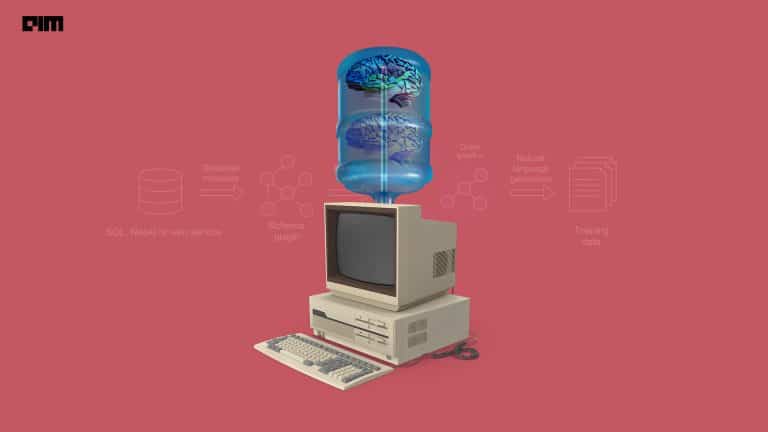On 25 October this year, Google announced changes in its search algorithm, a major step towards integrating natural language processing for optimising the search results.
The tech giant boasts that with this tweak, they can deliver the most relevant results to queries. The modification in the algorithm is considered as one of the most significant alterations after five years; the firm had introduced RankBrain in 2015. Further, Google said that the transformation will impact 10% of the total queries on the search engine.
How The New Algorithm Works
The latest addition in the algorithm is the implementation of the Bidirectional Encoder Representations (BERT) — Google’s neural network-based technique for NLP.
With the inclusion of NLP, Google is focused on understanding the context of the search queries, which was ignored in its earlier version.
The previous version used to choose only a few keywords from the query and based on those words it used to deliver results. This leads to many useless results for users, thereby spoiling the user experience.
However, with BERT, it tries to assimilate the context by including the words that it previously ignored. As a result, now users can see relevant results as Google has now migrated from the keyword-based to contextual-based results.
For instance, for a search query “2019 brazil traveller to usa need a visa” the algorithm used to ignore the words like ‘to’, therefore, it provided best results based only on keywords such as ‘brazil’, ‘usa’, ‘visa’, and ‘traveller’. So, the search results did not only focused on Brazil travellers, rather included the USA travellers too. All of this, because it could not understand the significance of the word ‘to’ for assimilating the context of the search.
The image below demonstrates how the new algorithm improves the search result.
Initially, the algorithm will only process English language queries, but Google has committed to extending its reach for other languages in the near future. However, for the featured snippets, the algorithm is capable of processing different languages as well. It is only for the other results that the algorithm does not support other languages.
Does It Replace RankBrain?
Basically, BERT is an addition in their algorithm, thus it will work in tandem with RankBrain to provide useful results. RankBrain will still be used for purveying result and BERT will assist in understanding the context. BERT will just be another method in their ranking system that uses many other processes to handle user queries. For instance, Google handles typos in queries to ensure it delivers desired results. Similarly, the BERT will help in pinpointing the context to enable the search engine to find relevant information.
How Will Businesses Fare?
Many businesses rely on Google search results for the traffic on their webpages — that’s why it has invoked a lot of attention from businesses` around the world. Palpably, it might have a huge impact on the number of hits one gets on their webpages. But, it will be for their own good, as now it will increase the chances of having the users they generate the content for. Unlike in the past when the results were a bit random, websites got hits that were neither helpful for the user not the owner of the website.
Any website owners do not have to make any changes to their website for SEO. Rather, if suddenly the website witnesses a reduced number of visitors then it is highly likely that their content are extraneous to users.
However, the reliability of the algorithm is dubious, as even Google states that at times the results are of no use to users. Occasionally, it has failed to deliver relevant results, thereby, causing confusion in users about its efficiency.
Outlook
Although there are flaws in the new technologies, at the same time it has enhanced the search results. The earlier version was prone to mistakes as well, but BERT will now decrease the number of errors.
Google has stated that the world is far from achieving the perfect natural language processing solution, and it will only be able to take command over it in the years to come. Consequently, one can expect further changes in the algorithm as and when there are new developments in natural language processing technology.



















































































